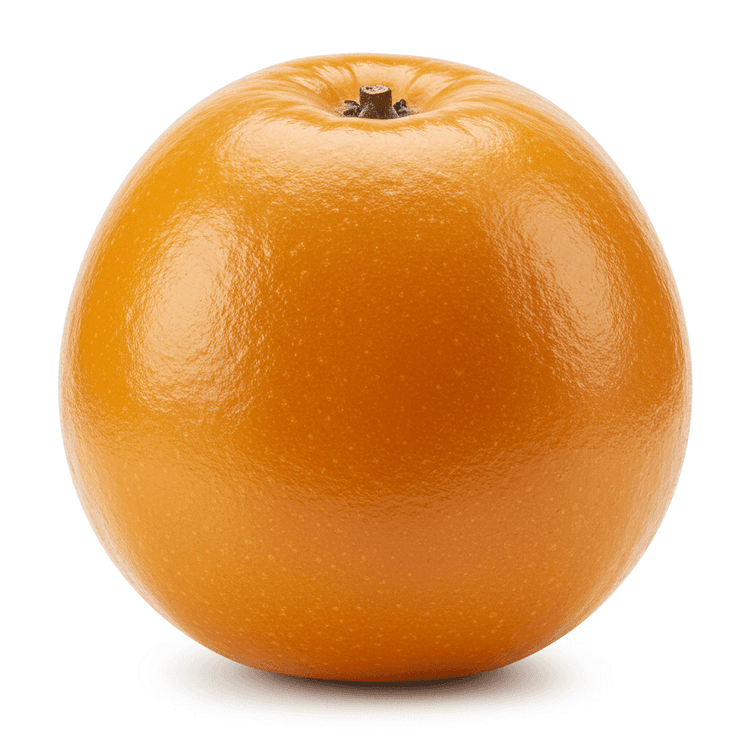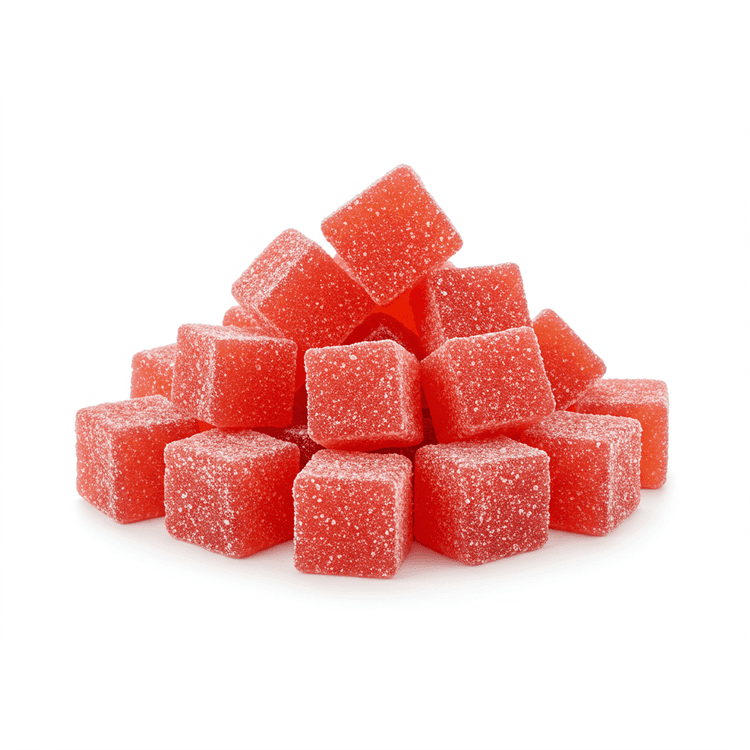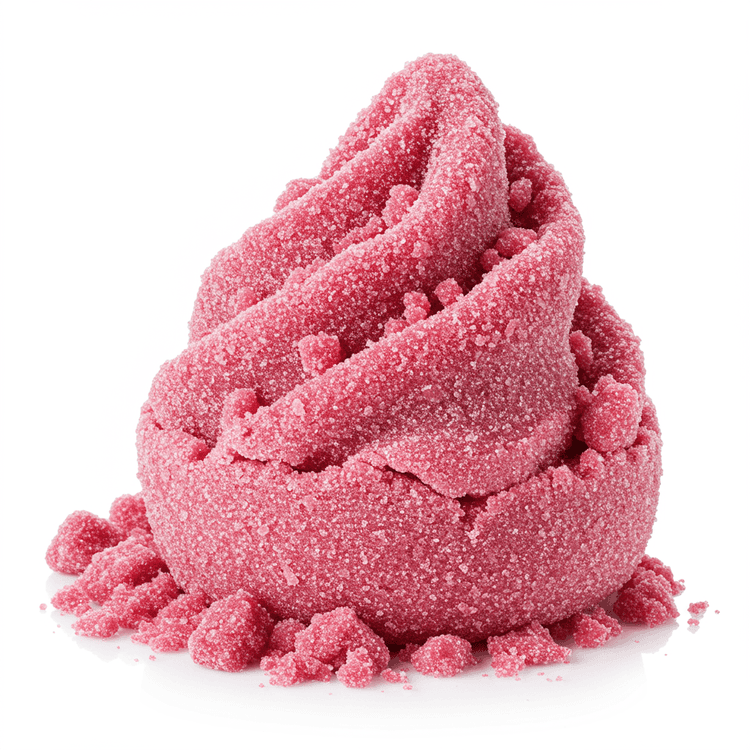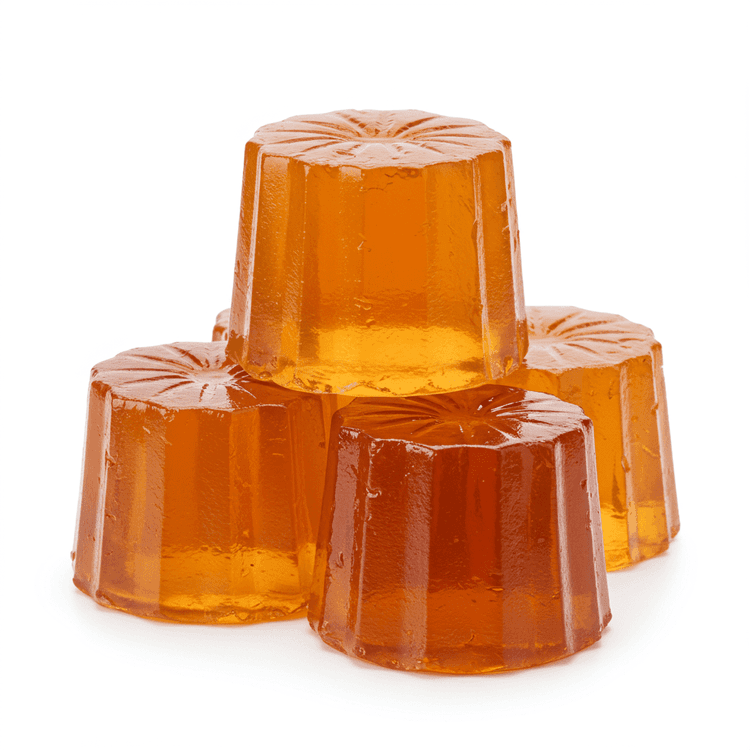
Pectin
Pectin is a naturally occurring polysaccharide found in the cell walls of fruits and vegetables, acting as a natural thickening and gelling agent. It's especially abundant in apples, citrus fruits, and berries. Pectin is crucial for creating jams, jellies, and preserves, providing the desired texture and consistency. When heated with sugar and acid, pectin forms a gel, contributing to the smooth, slightly firm, and appealing texture of many fruit-based desserts and sauces. The appearance of pectin is typically a white to light brown powder or liquid, depending on its form.
Common Uses
- To make homemade fruit jams and jellies, pectin is used to ensure a firm and spreadable consistency, especially when using fruits with naturally low pectin levels like strawberries or raspberries. Add the correct amount of pectin powder or liquid pectin for the perfect homemade jam.
- As a stabilizing agent in fruit-based desserts like fruit tarts or pies, pectin helps prevent the fruit filling from becoming overly watery or runny during baking, maintaining a pleasing texture and appearance.
- In the preparation of fruit preserves and marmalades, pectin contributes to the characteristic gel-like texture, binding the fruit pieces together within a sweet, translucent syrup. Adjust pectin quantity for optimal consistency.
- For making fruit sauces and glazes, pectin can be used to thicken the sauce without altering the flavor significantly, providing a glossy and appealing finish to desserts or savory dishes. Consider pectin when creating fruit coulis for plating dessert items.
- As an ingredient in vegan and vegetarian gelling applications, pectin serves as a plant-based alternative to gelatin, allowing for the creation of jellies, desserts, and fruit-based snacks suitable for those avoiding animal products. Find vegan pectin for vegetarian desserts.
- Pectin can be used in some processed foods to improve texture, acting as a thickener and stabilizer in products like yogurts, fruit preparations, and reduced-sugar recipes where it can mimic the texture normally provided by sugar.
Health Benefits
- May help lower LDL (bad) cholesterol levels, promoting heart health.
- Can aid in regulating blood sugar levels by slowing glucose absorption.
- Supports digestive health by adding bulk to the stool and promoting regularity.
- Acts as a prebiotic, nourishing beneficial gut bacteria for improved gut health.
- Some studies suggest a potential role in preventing certain types of cancer.
Substitutes
Chefadora AI is here.
Experience smarter, stress-free cooking.
Storage Tips
Pectin should be stored in a cool, dry, and dark place to prevent clumping and maintain its gelling properties. An airtight container is ideal. Properly stored, pectin can last for up to 1-2 years. Avoid storing it in humid environments, as moisture can degrade its quality. Check for any clumping or discoloration before use; if present, it may be less effective.
Marnirni-apinthi Building, Lot Fourteen,
North Terrace, Adelaide, South Australia, 5000
Australia



